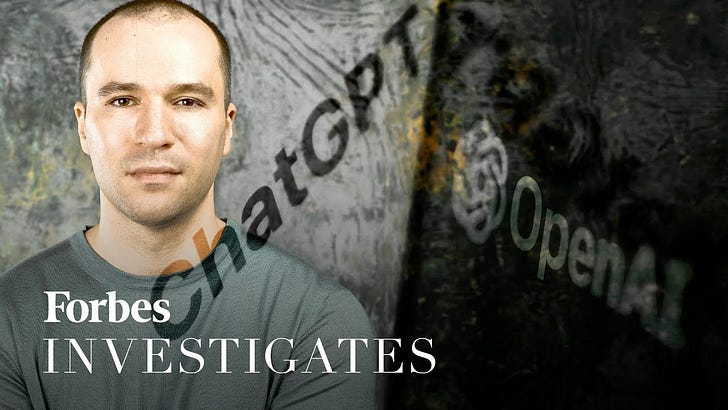Simply put, within us, there is a psychological tendency that is objective in the sense that the range of its usefulness and practical influence is quite widespread in a humanistic sense. This is an intuitive moral objectivity from a human perspective. However, this objectivity, as far as humanity is concerned, is only broad in general terms.
In relation to the diversity of life dimensions in daily life, this provides the possibility of choosing the best step to take.
In general, there is an intuitive-based moral objectivity as far as human tendencies are concerned.
However, in practical reality, more detailed guidance or standards are needed, as well as the ability to adapt choices to suit our circumstances. At this point, the objectivity is questioned in terms of how far it extends.
So, in general, 'moral realism' is indeed objective, but in practice, we need to consider its feasibility, not through intuition alone, but more strongly towards personal adaptation.
But the next question is, when we have overcome the imbalance of objectivity that is limited to the general human perspective by accepting more individual standards or more objective but limited adaptations per group to be more realistic, where do these standards come from?
If they come from us, known through ethics or culture, isn't this simply returning to the same intuitive psychological tendency that is a broad standard?
Even if it is broken down into tribal levels, it still operates intuitively in broad terms, which is trapped by the failure to convert the general perspective into practical application that follows the dynamics of diverse reality. It will reach the same point of failure to act justly (placing things in their proper place according to priority), which is ultimately a failure to maintain limited objectivity according to the group.
This is why a source of moral planning that is more objective is needed, not just an intuitive morality that is broad (general) but becomes narrow (limited) because it fails to interpret its intuition into the diverse reality. Rather, a source that is more aware of how morality is placed justly without ignoring broad intuitive morality is required.
The two synergize to form a complete morality.
Whether you reject the involvement of religion, if you are pro-religion, this is the reasoning. But if you reject involving religion, it means returning to cultural morality, which, to some extent, does not rely heavily on intuitive morality that is less realistic except to indicate behavior that crosses the line, but tactically is not objective enough to form a more realistic moral adaptation.
Playback speed
×
Share post
Share post at current time
Share from 0:00
0:00
/
0:00
Transcript
Two Dimensional Moral Realism
Oct 10, 2024












Share this post